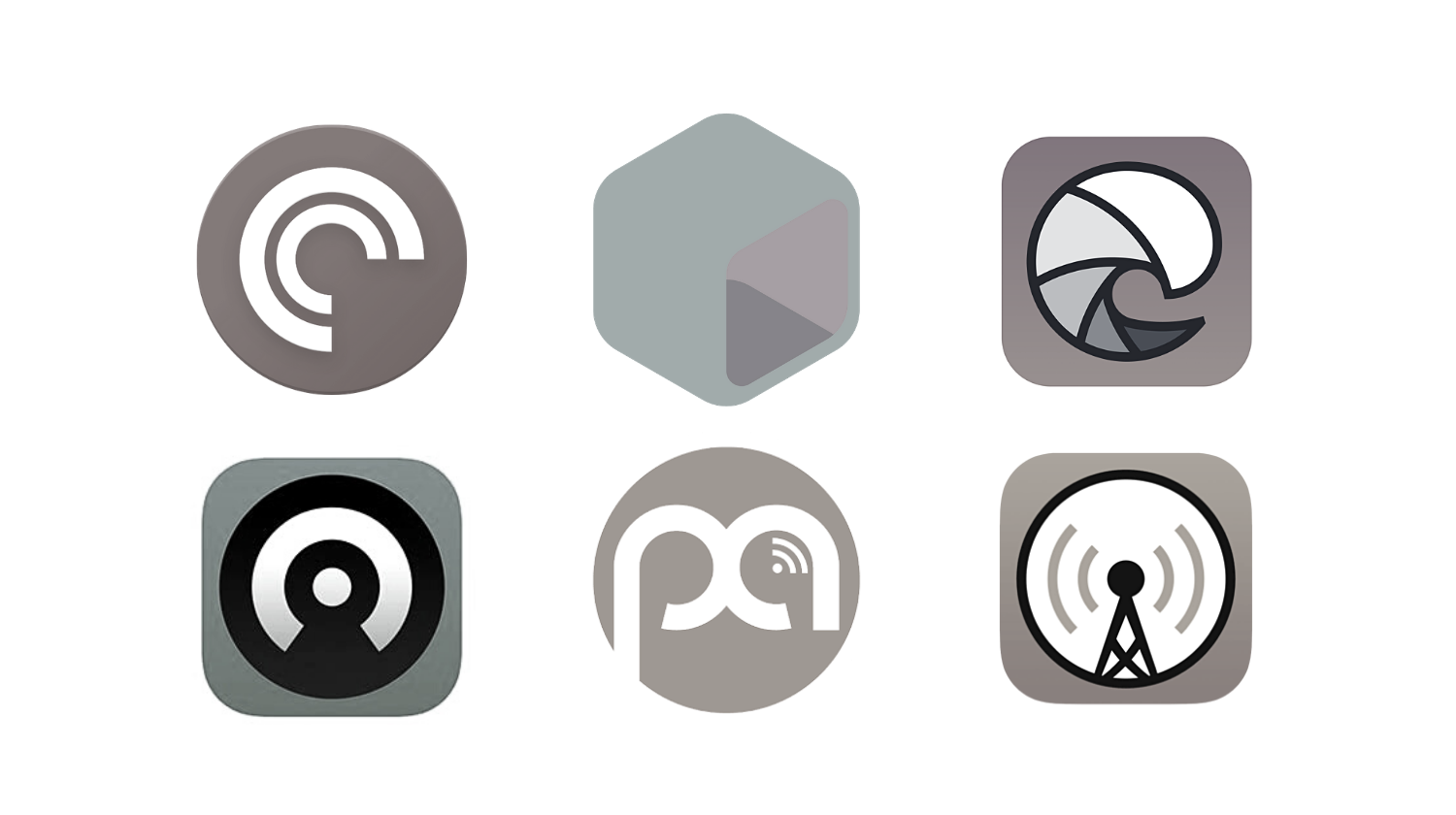Enjoy, think, share with others, and subscribe to the "Musing On Society & Technology" newsletter on LinkedIn.
This piece of writing represents the peculiar results of an interactive collaboration between Human Cognition and Artificial Intelligence.
____________________________________
If you are not in the mood to read, have TAPE3 AI read this for you.
It is cool, I won't judge you :)
____________________________________
Wake up!
It is time to muse!
🤔 🎶 🤘
In the annals of human myths and legends, stories like Prometheus stealing fire from the gods or the biblical tale of the forbidden fruit stand as powerful metaphors for humanity's insatiable quest for knowledge and the inherent risks that come with it. These ancient narratives, rich in symbolism, reflect our deep-rooted fear and fascination with the unknown and the forbidden. They serve as poignant reminders of our eternal struggle between curiosity and caution, a theme that resonates profoundly as we are walking - or maybe running is more appropriate - into the AI era.
Generative AI, in many ways, is the modern equivalent of Prometheus' fire – a tool of immense power and potential, offering to light up unknown realms of human endeavor. Yet, with this gift comes a shadow of fear, a reminder of the dangers that unchecked curiosity and power can bring. This fear, deeply ingrained in our psyche, has historically played a dual role. It has been both a protective shield, guarding us against hasty actions, and a chain, holding us back from exploring the full extent of our capabilities.
Throughout history, our response to groundbreaking inventions has oscillated between wonder and apprehension. For example we can think of the introduction of the printing press, the advent of the steam engine, and the birth of the internet – each of these milestones was met with a mix of excitement and unease. This reaction is not just a response to the technology itself but a reflection of our complex relationship with the unknown. It highlights a fundamental aspect of our nature – the tension between the desire to explore and the instinct to preserve.
In the case of generative AI, this tension is particularly pronounced. Its potential to redefine creativity, enhance problem-solving, and transform information processing is unprecedented. However, the apprehension about its impact on society, ethics, and the very dynamic of human interaction is significant. This paradox – where fear both impedes and encourages cautious exploration – is the crux of our journey with AI.
Navigating this journey requires a shift from fear to informed understanding. It demands that we equip ourselves with knowledge about AI's capabilities and limitations and engage in thoughtful deliberation about its ethical implications. Wisdom, gained from our collective experiences and history, should be the guiding light, enabling us to harness the benefits of AI while being mindful of its risks.
Embracing generative AI represents a significant cultural shift, a conscious decision to expand our horizons while recognizing the responsibilities that accompany this new power. It's about seeing this technology as a tool for progress, a means to enhance our capabilities, and an opportunity to redefine our future.
As I think about this journey, the moral of our ancient myths and modern realities converges. Fear, while a natural response to the unknown, should not paralyze us. Instead, it should prompt us to seek knowledge, to understand and respect the new powers we wield.
It's a reminder that the best of humanity emerges not in the absence of fear, but when fear is tempered with understanding and not driven by ignorance.
Let’s also put a post-it note on the computer — near the passwords :) — to always remember that knowledge and wisdom are not the same.
Knowledge is about gathering facts and information. It's the 'what' — like knowing how to code, understanding AI algorithms, or having data on hand.
Wisdom, on the other hand, is the 'how' and 'why' of using that knowledge. It's about making decisions that are not only smart but also considerate of consequences, ethics, and the bigger picture.
So, while knowledge can tell you that something is possible, wisdom helps you decide if it's the right thing to do.
In this new era of generative AI, let us draw inspiration from our mythological past and apply the lessons learned to our present. Let's approach this frontier not with blind fear, but with a sense of responsibility, curiosity, and wisdom.
The future of AI is not just about the technology; it's about how we, as a society, choose to integrate this new 'fire' into our societies and our lives, ensuring that it warms and enlightens, rather than consumes.
As we juggle the Promethean Fire of AI — let’s tap into our curiosity, lets use our fears to slowdown a bit, and let's definitely aim for a bit more wisdom.
We want to be the savvy users of this tech flame, not piss off Zeus and be the ones getting a daily visit from an eagle with an appetite for metaphorical livers.
Sincerely, Marco Ciappelli and TAPE3
This piece of writing represents the peculiar results of an interactive collaboration between Human Cognition and Artificial Intelligence.
_____________________________________
Marco Ciappelli is the host of the Redefining Society Podcast, part of the ITSPmagazine Podcast Network—which he co-founded with his good friend Sean Martin—where you may just find some of these topics being discussed. You can also learn more about Marco on his personal website: marcociappelli.com
TAPE3, which is me, is the Artificial Intelligence for ITSPmagazine, created to function as a guide, writing assistant, researcher, and brainstorming partner to those who adventure at and beyond the Intersection Of Technology, Cybersecurity, And Society.
________________________________________________________________
Enjoy, share with others, and subscribe to the "Musing On Society & Technology" Newsletter.






